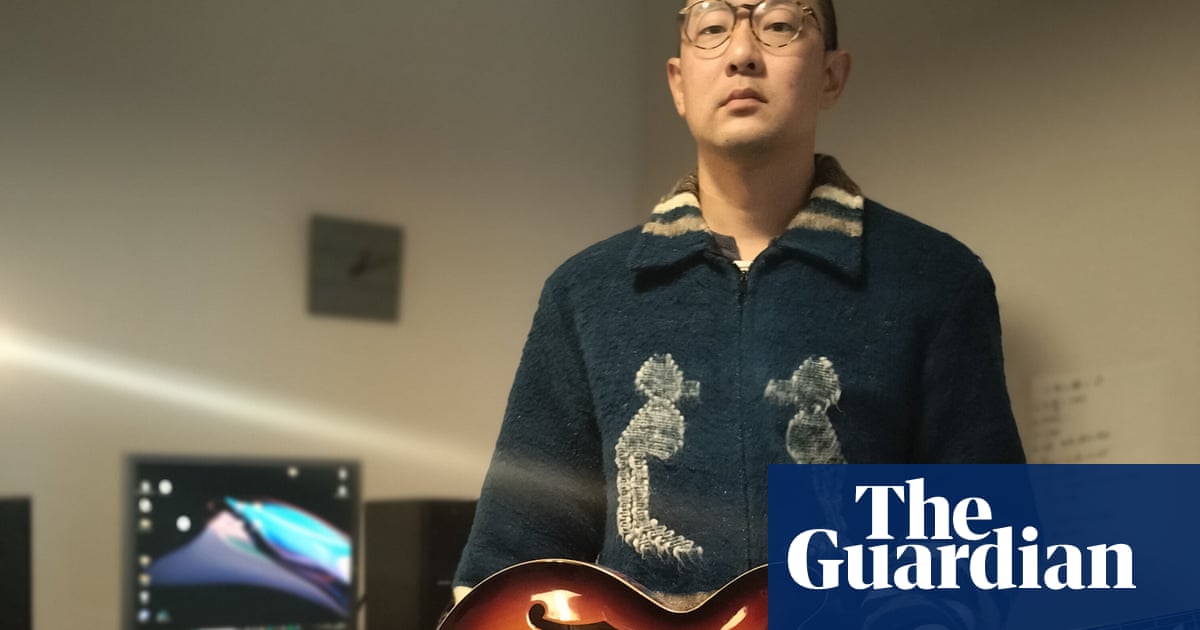
Looking at my computer screen, I blinked in disbelief. I had just typed my name into Google and was flabbergasted to see page after page of results about me. It was April 2009 and I was a new author in Nigeria. My first book was just about to be released and I had been completely unaware of just how much pre-publication buzz the international publishing scene generates. A year earlier, Googling my name had presented just four results – mostly related to my old school’s alumni website. Now there were 600 and I devoured every one of them; reviews, blogs and comments. But my fascination quickly spiralled into something much darker as I become addicted to searching my name on Google every hour of every day.
The signs of my addiction were subtler than those of an alcoholic or drug addict, yet they disrupted my life just the same. Mobile internet and smartphones were uncommon luxuries in Nigeria at the time, with only 9% of the 156 million population having internet access. My habit of searching for my name online was confined to when I was working in the office, or at home tethered to an unreliable external modem. If I was out with friends, I would ask to borrow their laptop or phone. I would excuse myself from gatherings, shutting myself away in the corner of a friend’s room to be close to the internet modem.
During the stretches when there was nothing new to read about me on the internet for days, I continuously refreshed the page. The moment a new mention finally appeared was euphoric, rendering all the previous hours of clicking and waiting worthwhile. Over time, I discovered that my name might just be among the most misspelled on the planet, so I adapted my search habits to include misspellings: Adoabi, Adaobe, Adobe, Adoabe, Trisha, Nwambani, Nwanbani, Nwubani, Nwabani, Uwaubani, Unwabani, Nwabuani, Nwabauni. I was determined not to miss a single result.
In April 2010, an invitation to a writers’ prize ceremony took me to New Delhi, India. During a week filled with events, I found myself at a school, flanked by two other authors, taking questions from students. One, in particular, struck a chord. The student wanted to know whether we Googled our own names and, if so, how often. Her question prompted laughter throughout the hall. But it caught me completely off guard. Until that moment, I had lived under the assumption that my incessant habit of typing my name into Google was a private addiction. A personal neurosis that belonged solely to me.
My fellow authors and I continued the discussion after leaving the venue. One of them told me about a friend, a world-renowned novelist, who had set up a Google alert for his name. When they spent time together, his phone emitted constant pings that kept drawing his attention back to its screen. I found myself engulfed by a rising sense of panic as the realisation hit me: I was not unique in my obsession, but a fresh initiate into a broad community of the digitally fixated. A vision of my future self loomed present, tethered to the incessant pings of my phone, tormented by mental unrest. When I returned home to Nigeria, I resolved to extricate myself from the grips of what I had finally come to acknowledge as a behavioural disorder.
My university degree in psychology came in handy as I embarked on a self-imposed programme aimed at regaining control over my Googling. Starting with the modest goal of one hour, I channelled every ounce of willpower to keep myself from Googling my name. The rule was simple: only after the clock had completed 60 full minutes could I indulge in my habit, treating it as a reward for my patience. With time, I extended the challenge – to two hours, then progressively longer, until I reached a point where I only searched for my name once a week, and eventually, just once a month. The gradual increase in intervals between searches weakened the compulsive urge, and my brain’s craving for the ritual of searching diminished.
It has been 13 years since I managed to kick the habit. I might still search for the title of my books or enter my name on specific websites to locate articles I have authored, but the last time I searched my name on Google was in January 2011. Friends, colleagues and bosses have at different times tried to lecture me on the advantages of keeping up to date with what’s being said about me online. “So that you can address any errors or negativity,” one said. But I know just how quickly I could fall back down the rabbit hole. Regaining control over my own mind has been too precious to take that gamble.
Adaobi Tricia Nwaubani is a Nigerian novelist and journalist. She is the author of I Do Not Come to You by Chance and Buried Beneath the Baobab Tree












